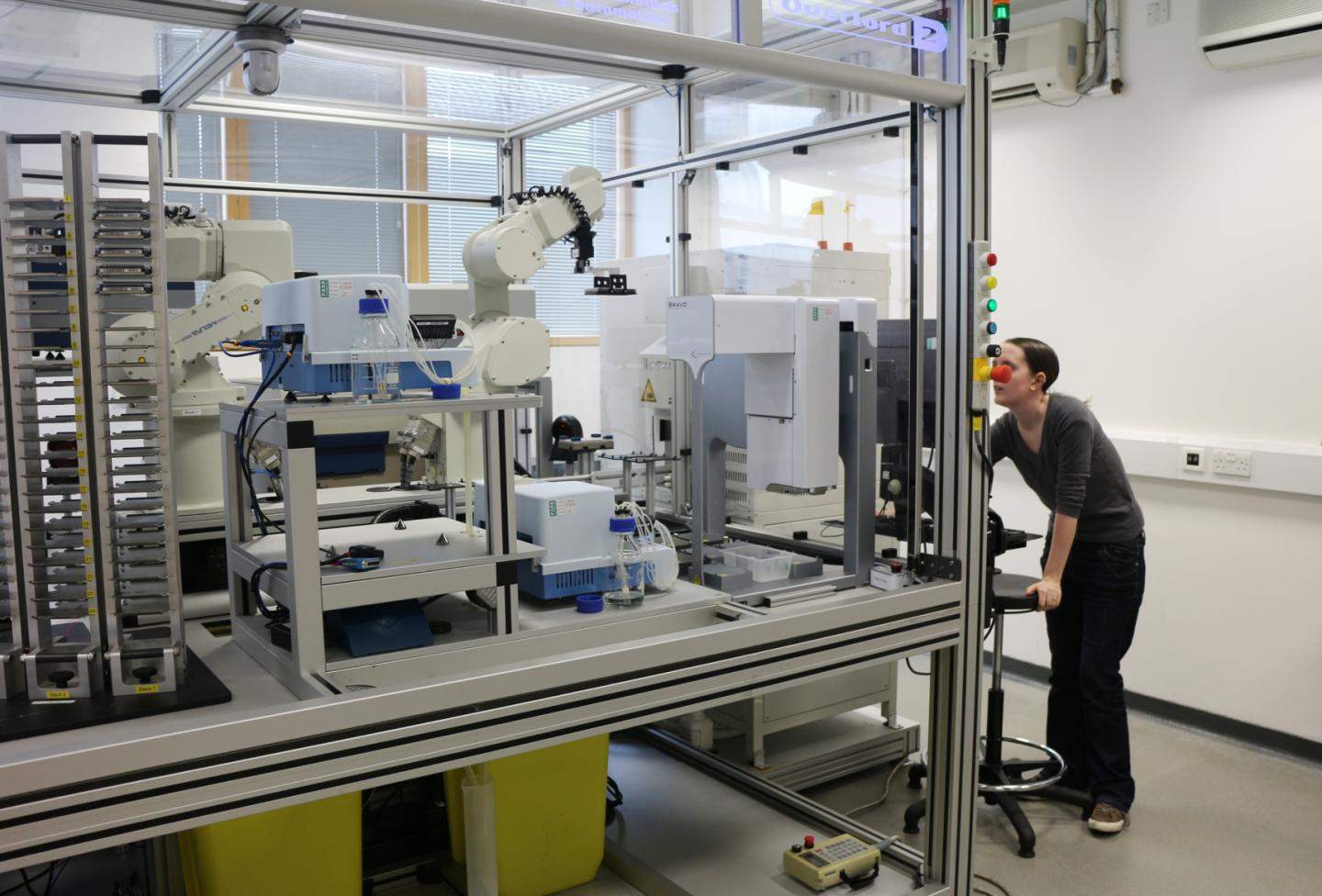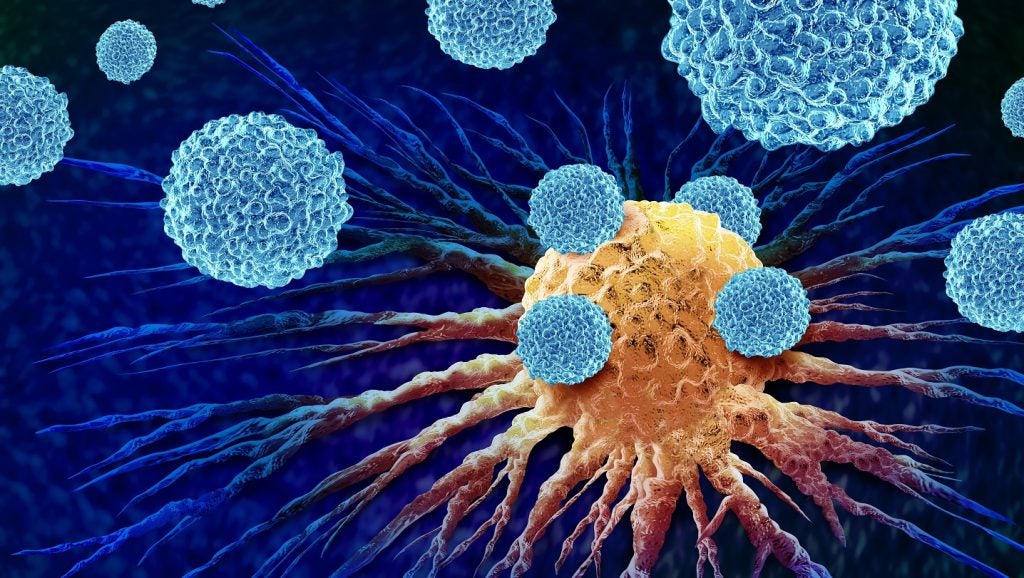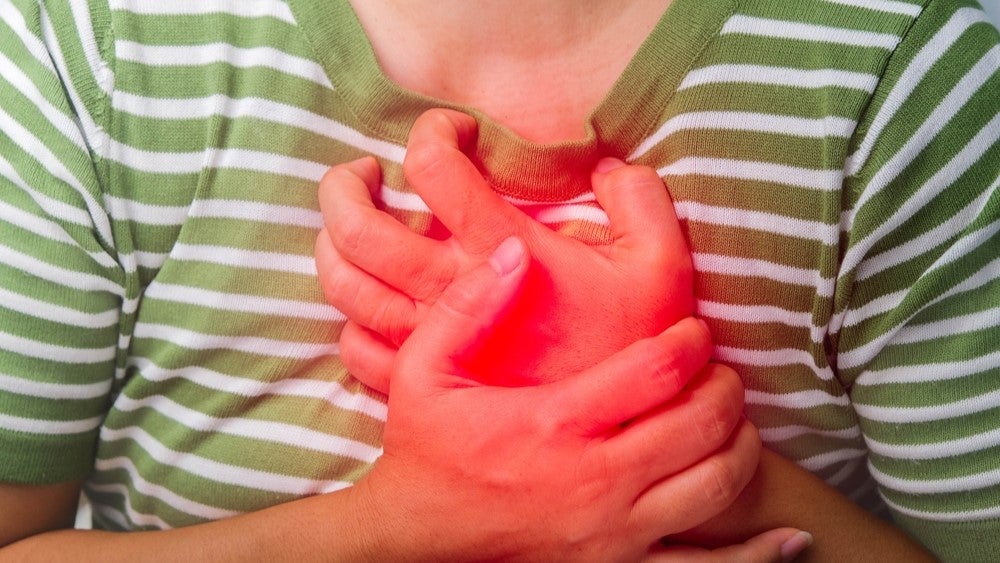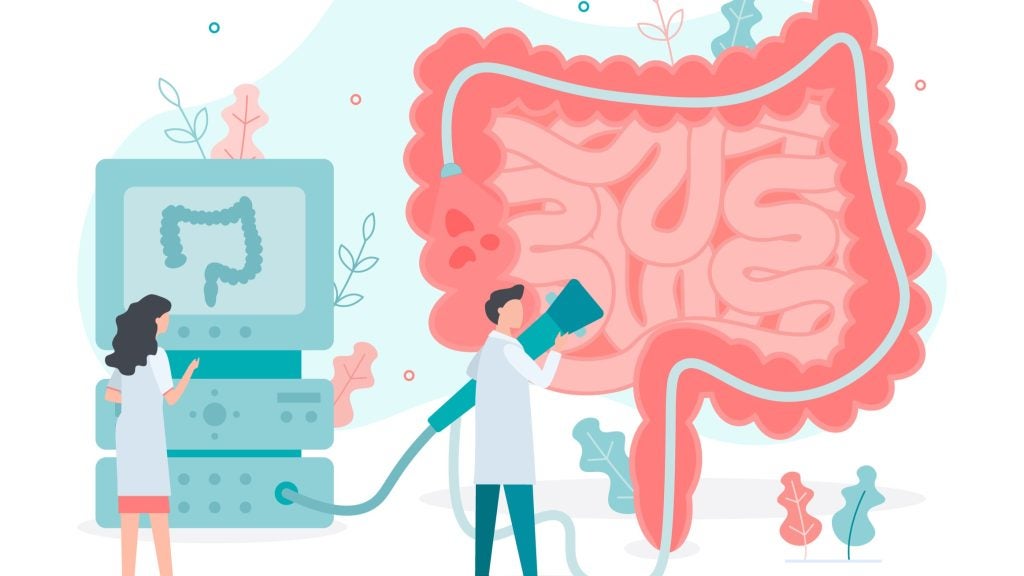
An artificially intelligent (AI) robot ‘scientist’ has assisted researchers at the University of Cambridge in finding a potential antimalarial drug from an ingredient commonly found in toothpaste.
The robot, dubbed Eve by its developers at the Universities of Manchester, Aberystwyth and Cambridge, speeds up drug discovery process using automation.
It automatically develops and tests hypotheses, runs experiments using laboratory robotics and interprets the results to amend the hypothesis. It then repeats the cycle, automating high-throughput hypothesis-led research.
In the study, published in the journal Scientific Reports, researchers employed Eve in a high-throughput screen and discovered that triclosan, an ingredient found in many toothpastes, may help fight malarial drug-resistance.
Scientists have known for some time that triclosan inhibits culture growth of the malaria parasite Plasmodium during the blood-stage. But the enzyme they believed triclosan to be targeting proved inconsequential to the parasite’s growth in the blood.
With the help of Eve, researchers discovered that triclosan instead inhibits an entirely different enzyme of the malaria parasite, called DHFR – an enzyme already targeted by another well-established antimalarial drug named pyrimethamine.
How well do you really know your competitors?
Access the most comprehensive Company Profiles on the market, powered by GlobalData. Save hours of research. Gain competitive edge.

Thank you!
Your download email will arrive shortly
Not ready to buy yet? Download a free sample
We are confident about the unique quality of our Company Profiles. However, we want you to make the most beneficial decision for your business, so we offer a free sample that you can download by submitting the below form
By GlobalDataThe study shows that triclosan can instead be used when there is resistance to pyrimethamine.
“The discovery by our robot ‘colleague’ Eve that triclosan is effective against malaria targets offers hope that we may be able to use it to develop a new drug,” said lead author Dr Elizabeth Bilsland, now an assistant professor at the University of Campinas, Brazil.
“We know it is a safe compound, and its ability to target two points in the malaria parasite’s lifecycle means the parasite will find it difficult to evolve resistance.”
Eve builds upon the advances of its predecessor Adam, a robot scientist developed in 2009 which became the first machine to independently discover new scientific knowledge. It was created by the same team who developed Eve in 2015, with the aim of speeding up drug discovery process – particularly in identifying antimalarial drugs. Two years later, Eve has achieved this goal.
“Artificial intelligence and machine learning enables us to create automated scientists that do not just take a ‘brute force’ approach, but rather take an intelligent approach to science,” said Professor Ross King from the Manchester Institute of Biotechnology at the University of Manchester, who led the development of Eve.
“This could greatly speed up the drug discovery progress and potentially reap huge rewards.”
The growing use of AI in scientific research was predicted by experts who spoke to Verdict in 2017: “AI will help to overcome [productivity] barriers – improving outcomes for humanity by helping researchers to solve the problems we face globally in diverse areas – from antibiotic resistance, to environmental degradation and climate change,” said Jabe Wilson, Consulting Director, Text and Data Analytics at Elsevier.







